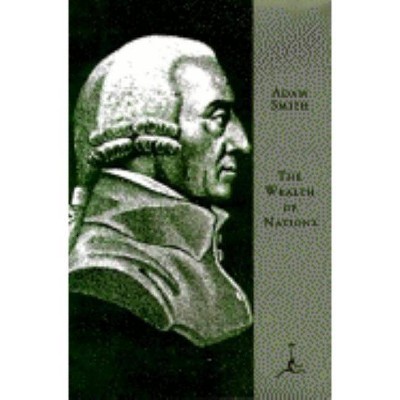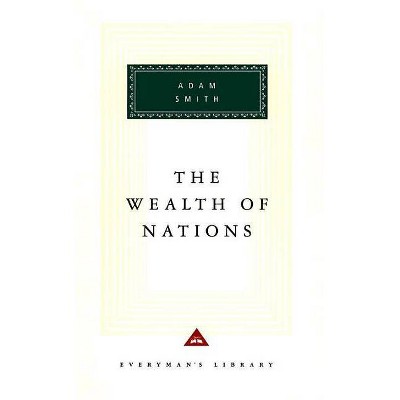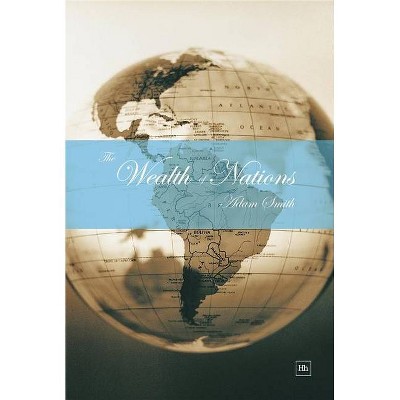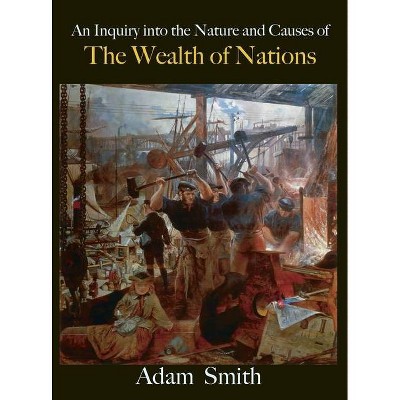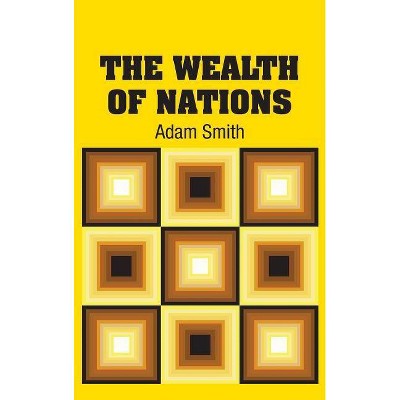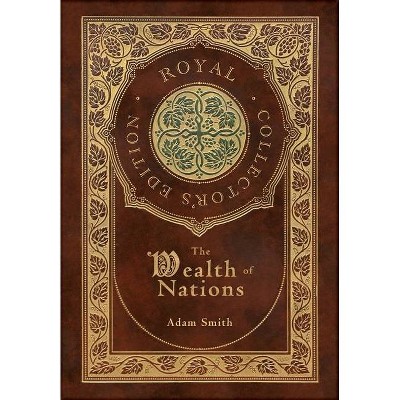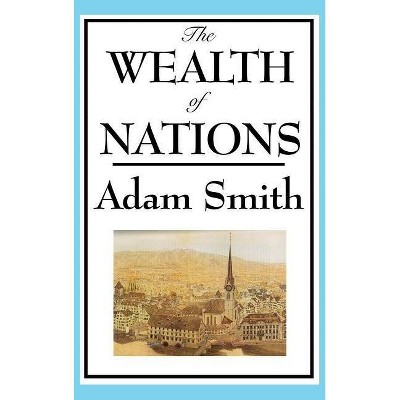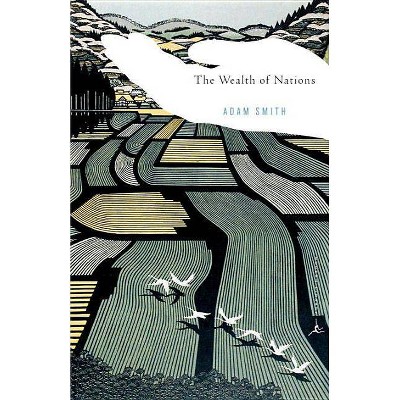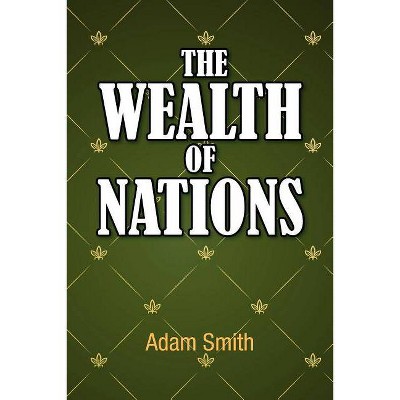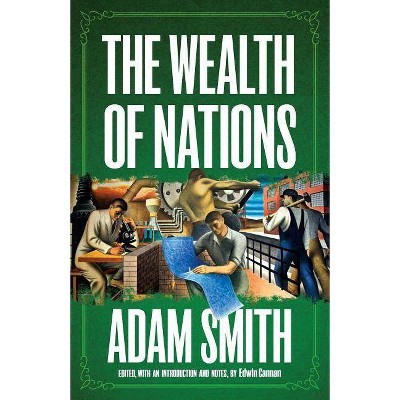The Wealth of Nations (Complete) (Books 1-5) (Deluxe Library Binding) - by Adam Smith (Hardcover)

Similar Products
Products of same category from the store
AllProduct info
<p/><br></br><p><b> About the Book </b></p></br></br><p>The Wealth of Nations offers one of the first collected descriptions of what builds nations' wealth, and is a fundamental work in classical economics. Smith explores such broad topics as the division of labour, productivity, and free markets.</p><p/><br></br><p><b> Book Synopsis </b></p></br></br><p><em>The Wealth of Nations</em>, is the magnum opus of the Scottish economist and moral philosopher Adam Smith. First published in 1776, the book offers one of the world's first collected descriptions of what builds nations' wealth, and is today a fundamental work in classical economics. By reflecting upon the economics at the beginning of the Industrial Revolution, the book touches upon such broad topics as the division of labour, productivity, and free markets.</p><p><em>The Wealth of Nations</em> is considered to be the most important substantive proposition in all of economics and a foundation of resource-allocation theory. It is that, under competition, owners of resources (labour, land, and capital) will use them most profitably, resulting in an equal rate of return in equilibrium for all uses. With more than 36,000 scholarly citations, Smith's work is the second most cited book in the social sciences published before 1950, behind Karl Marx's <em>Das Kapital</em>.</p>
Price History
Price Archive shows prices from various stores, lets you see history and find the cheapest. There is no actual sale on the website. For all support, inquiry and suggestion messages communication@pricearchive.us
